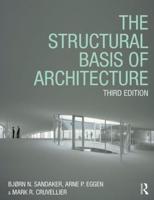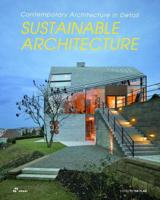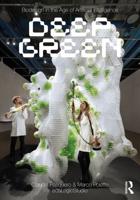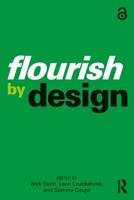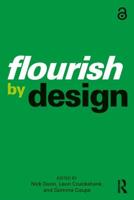Publisher's Synopsis
It's widely accepted that our environment is in crisis. Less widely recognized is that three quarters of environmental damage is due to cities - the places where most of us live. As this powerful new book elucidates, global sustainability is therefore directly dependent on urban design.
In Living Architecture, Living Cities Christopher Day and Julie Gwilliam move beyond the current emphasis on technological change. They argue that eco-technology allows us to continue broadly as before and only defers the impending disaster. In reality, most negative environmental impacts are due to how we live and the things we buy. Such personal choices often result from dissatisfaction with our surroundings. As perceived environment has a direct effect on attitudes and motivations, improving this can achieve more sustainable lifestyles more effectively than drastic building change - with its notorious performance-gap limitations. As it's in places that our inner feelings and material reality interact, perceived environment is place-based. Ultimately, however, as the root cause of unsustainability is attitude, real change requires moving from the current focus on buildings and technology to an emphasis on the non-material.
Featuring over 400 high quality illustrations, this is essential reading for anyone who believes in the value and power of good design. Christopher Day's philosophy will continue to inspire students with an interest in sustainable architecture, urban planning and related fields.


